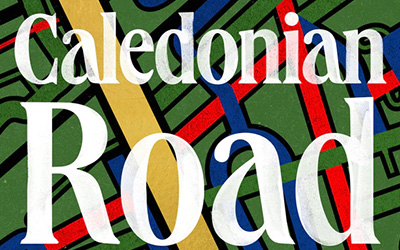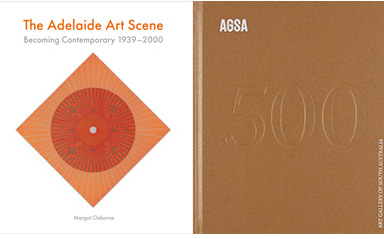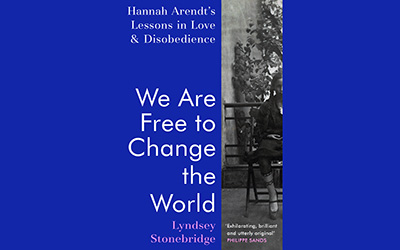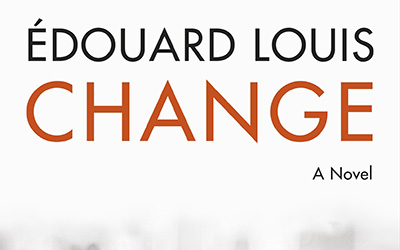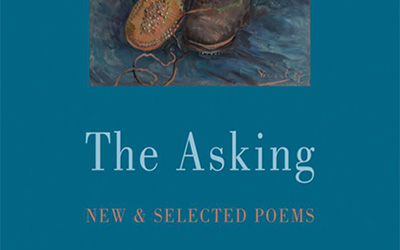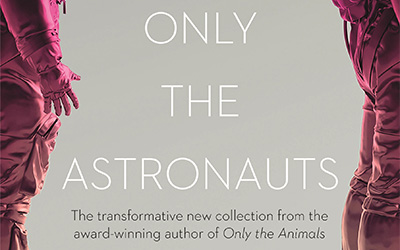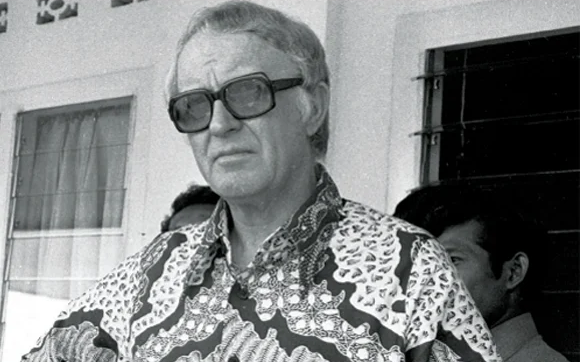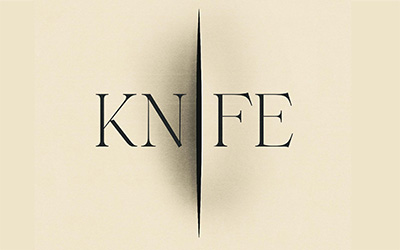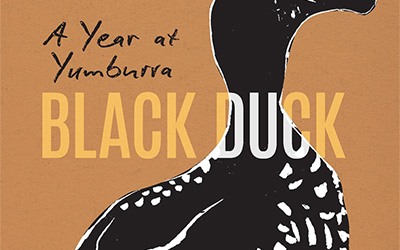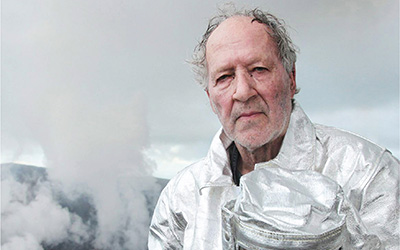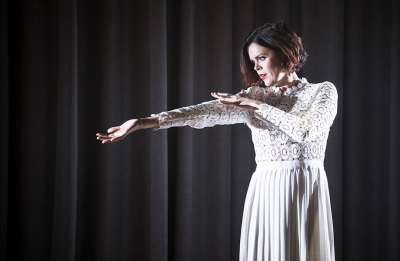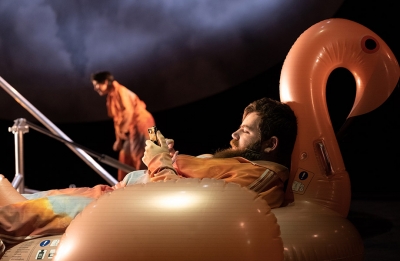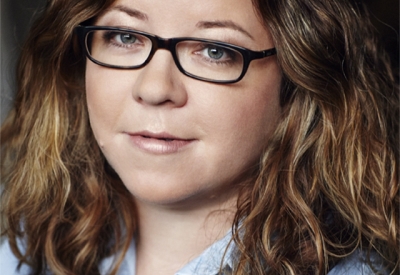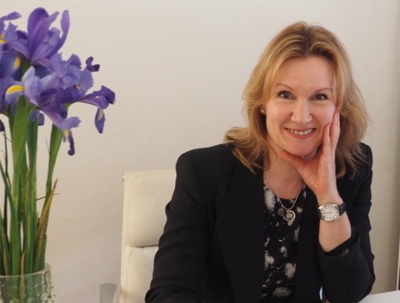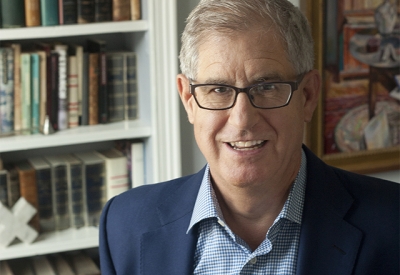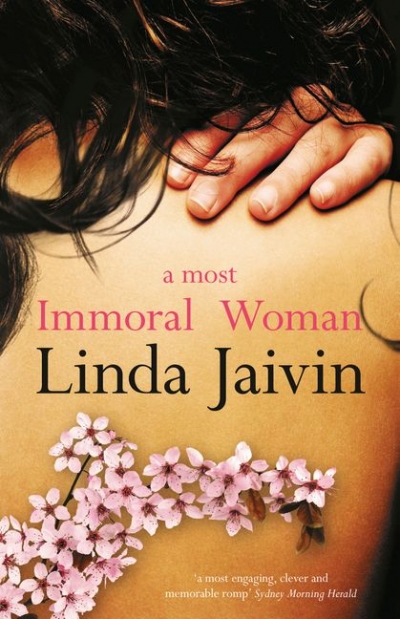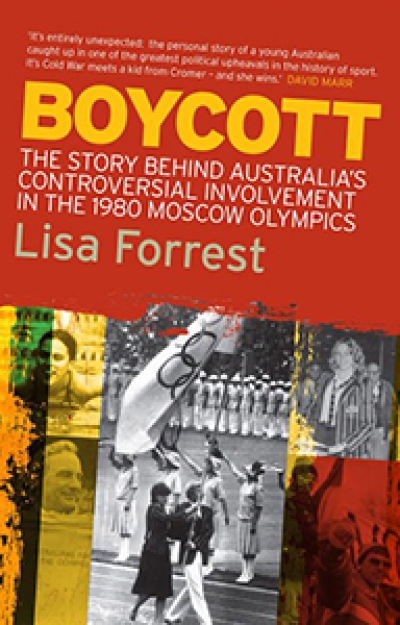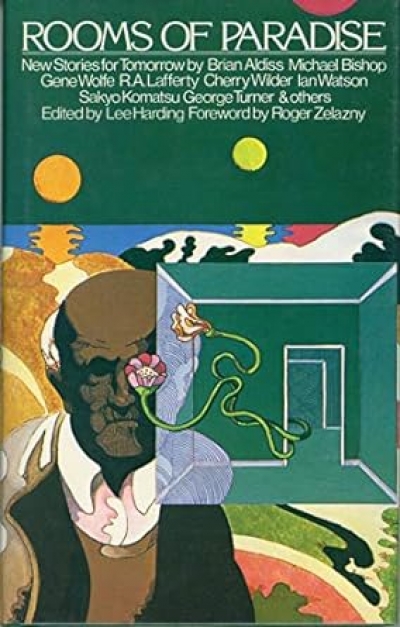Caledonian Road by Andrew O'Hagan
One of Caledonian Road’s primary characters, Milo Mangasha, tends to speak in political slogans, which his childhood friend identifies as ‘college talk’. Readers may recognise in Milo the rhetoric of characters in Andrew O’Hagan’s previous novel, Mayflies (2020), a popular and critical success that was subsequently adapted for television. Like Mayflies, Caledonian Road is stridently certain about its political and moral positions. It reads like a passionate argument for purification. In this fictional world, set in contemporary Britain, a person who maintains ties with corrupt and wealthy conservatives, while voicing left-wing principles and ideals, risks a ‘crack-up’. Failing the test of moral consistency turns you into a cipher, a hollow man, a danger to yourself and others.





